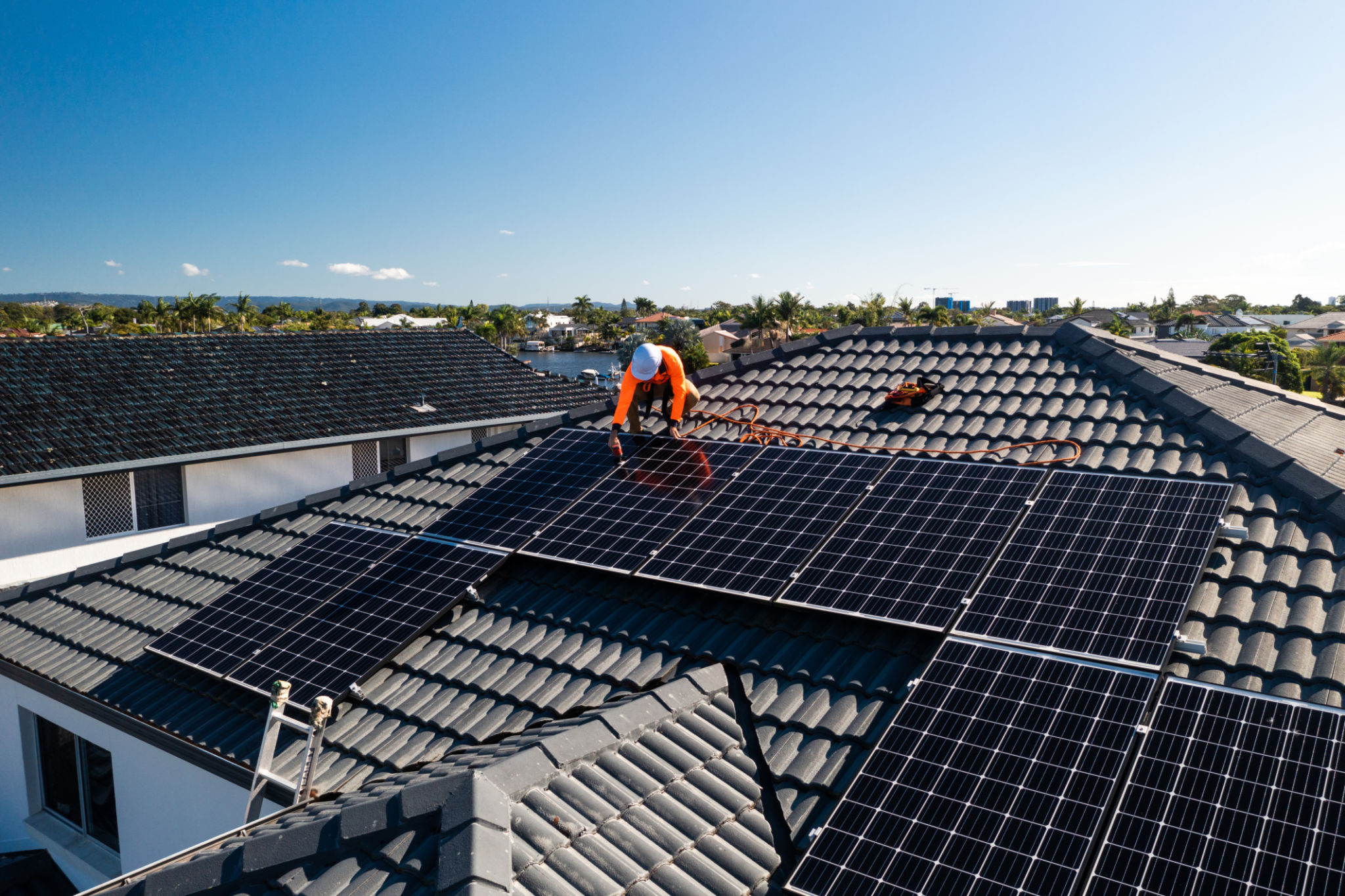Debunking Common Myths About Solar Energy in Australia
Understanding Solar Energy Efficiency
One of the most common myths surrounding solar energy is that it is not efficient enough to meet energy needs, especially in a large country like Australia. However, this is far from the truth. Modern solar panels are designed to be highly efficient, converting a significant portion of sunlight into electricity. Advances in technology have allowed for solar panels to generate power even on cloudy days, ensuring a steady supply of energy.
Australia's geographical advantage with abundant sunlight makes solar energy a particularly effective source of power. Studies have shown that areas like the Northern Territory and Queensland receive some of the highest solar exposure, making solar panels an excellent investment for residents in these regions.

Cost Concerns and Affordability
Another prevailing myth is that solar energy systems are too expensive for the average homeowner. While the initial installation cost can be significant, it's important to consider the long-term savings on electricity bills. Many Australians have found that their solar panels pay for themselves within a few years due to reduced energy costs.
Additionally, government incentives and rebates are available to help offset installation costs. Programs like the Small-scale Renewable Energy Scheme (SRES) provide financial assistance, making solar energy more accessible to a wider range of people.
Breaking Down the Costs
- Initial installation costs can vary based on system size and location.
- Ongoing savings on electricity bills can lead to significant savings over time.
- Government incentives can reduce upfront expenses.

Myth: Solar Panels Require Constant Maintenance
Some people are hesitant to invest in solar energy due to the belief that solar panels require frequent maintenance. In reality, solar panels are designed to be low-maintenance. Regular cleaning and occasional inspections are typically all that is needed to ensure they operate efficiently.
Most solar panels come with warranties that last 20-25 years, offering peace of mind to homeowners. Additionally, many installation companies offer maintenance packages to address any concerns or issues that may arise.

Solar Energy and Environmental Impact
A misconception exists that solar panel production and disposal have a negative environmental impact. While it's true that manufacturing processes use resources, the overall environmental benefits of solar energy far outweigh these initial impacts. Solar energy significantly reduces carbon emissions, contributing to a cleaner and more sustainable future.
The use of renewable energy sources like solar power helps combat climate change by decreasing reliance on fossil fuels. Moreover, advancements in recycling technology are making it easier to recycle old solar panels, further minimizing their environmental footprint.
Environmental Benefits
- Reduces carbon emissions significantly.
- Decreases reliance on non-renewable energy sources.
- Promotes sustainable and environmentally-friendly practices.
In conclusion, while there are several myths surrounding solar energy, it's clear that these misconceptions are often based on outdated information. As technology advances and awareness grows, more Australians are discovering the true benefits of going solar. From cost savings and efficiency to environmental impact, solar energy has proven to be a viable and beneficial option for powering homes across Australia.
